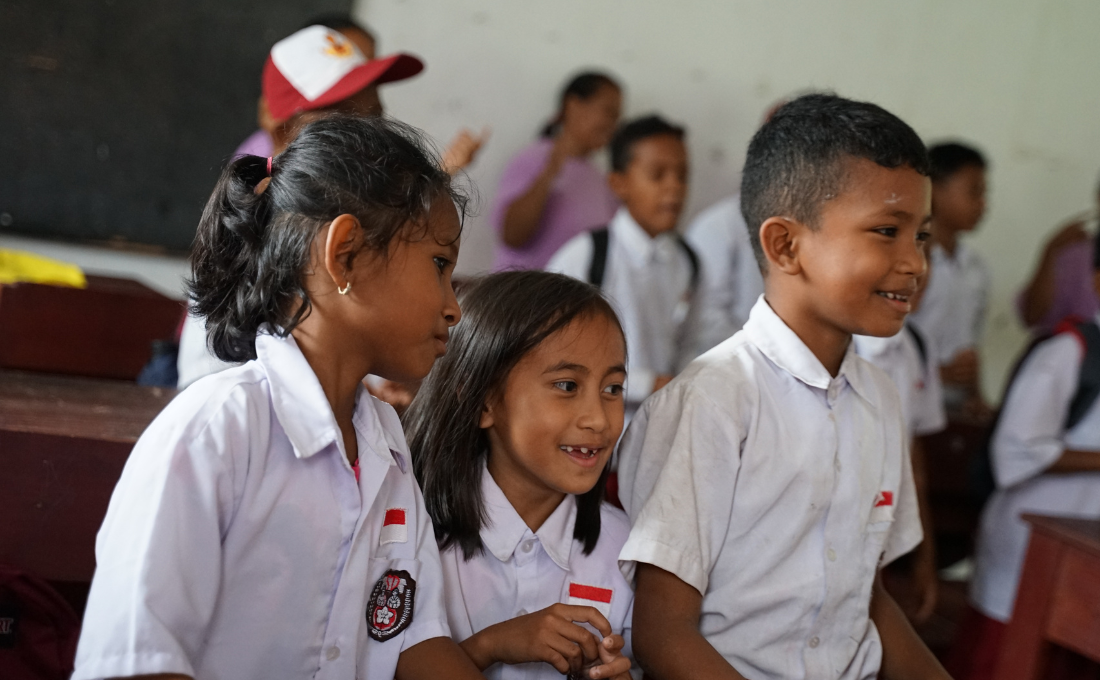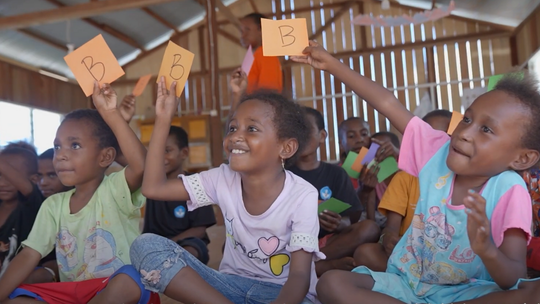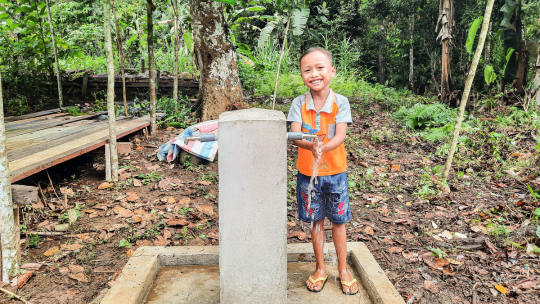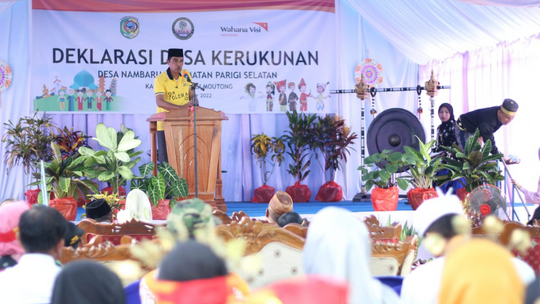The Obligations and Rights of Children in Society, School, and Family

Each person's rights and obligations can maintain stability if done well. Our own rights are things we acquire from others, whereas our obligations are things we are obligated to perform and provide. Rights and obligations are important components of life, including for children who have obligations and rights in society, school, and family.
The Rights of Children in Society in the Family
Claiming rights also entails fulfilling obligations. This includes children, who have their own rights and obligations in society. The family is the first and smallest environment that every person has in society. The education and life experience children acquire at home serve as their primary life teachers.
The family must provide for and uphold the following rights of children at home:
-
Every child has the right to be free from or protected from acts of violence in the household. It's important to understand that violent parenting doesn't make children stronger than those who don't experience it. Families with violent upbringings cause trauma to their children, preventing them from having a happy childhood. This can persist into adulthood and serve as the foundation for issues stemming from the same parenting style. Basically, children have the right not to experience violence at home.
-
Children have the right to receive love from their family members. Getting the warmth of a household is a right that parents and family members need to fulfill to create a comfortable home atmosphere for children.
-
Children also have the right to receive support, which includes clothing, shelter, and food. This ensures the child's comfort during their stay, as meeting their needs is a fundamental right.
In order to secure their rights in society, particularly within the smallest environment of the family, children must fulfill their obligations, which include the following:
-
Children must respect their parents and every member of their family. So, make sure to respect each family member's rights so that they can live a life of comfort and mutual respect.
-
Children also are obligated to show loyalty to their parents. Fulfilling children's rights is a sign of parental love. Therefore, children must be loyal to their parents.
-
Children also have a responsibility to adhere to the family's established rules, which may include asking permission before leaving the house or returning home at a specific time.
Children's Rights in Society in the School Environment
A child will spend the majority of their time in the school environment. Hence, it is crucial for children to have a clear understanding of their rights within the school environment in order to ensure mutual comfort. Given the structured nature of educational institutions, we must acknowledge the entitlements children possess and uphold them.
Children may accept the following rights in a school environment:
-
The primary right is to receive quality instruction at school. When you are at school, you are pursuing education with the goal of gaining a deeper understanding than before. That is why children should have the right to an education at school.
-
The next right is the ability to receive the respect that comes with being a student. We must not violate the rights of children and students as individuals.
-
The final right that children have at school is the right to a comfortable experience, free from violence or bullying.
In addition to their rights as students in society, children also have responsibilities that they must fulfill in the school environment:
-
As a student at school, it is the child's responsibility to attend lessons in accordance with the applicable regulations. As a result, it is necessary to participate in classes, tutoring, and other school activities.
-
Children's obligations at school also require respect for the existing components of the school environment. Let's begin by showing respect towards fellow students, teachers, school administrators, and others, fostering a sense of comfort among them at school.
-
The ultimate obligation is for children to carry out pickets and complete the assigned tasks in order to receive excellent grades.
Children's rights in society in the wider environment
In the wider environment, children also have obligations and rights in society. Children also join a close-knit community. In a wider society, children live not only with family but also with friends at school. Additionally, they frequently interact with strangers. Therefore, understanding your rights and responsibilities is essential for leading a comfortable life.
Children can obtain the following rights in society:
-
Children have the right to express their opinions. Everyone has the right to express their opinion, including children in society.
-
Children have the right to choose their own beliefs.
-
Children's right to human respect is crucial, as their age often leads to their undervaluation.
Meanwhile, children have certain obligations in society:
-
Children need to maintain a safe environment so they cannot cause trouble.
-
Children need to carry out the trust they have in society.
-
Children need to carry out their obligations, which also gives freedom to other people to choose their own beliefs so as not to oppress other people's beliefs.
The aforementioned represent the various rights and obligations that children have within their family, school, and wider community. Obtaining children's rights can help them live a better life, prevent mental disturbances, and promote a peaceful childhood.
Wahana Visi Indonesia works to uphold children's rights in society. We provide assistance to give children their right to a better life. So if you want to help ensure that every child in Indonesia receives the rights they have, you can sponsor or donate to the Wahana Visi Indonesia program.



